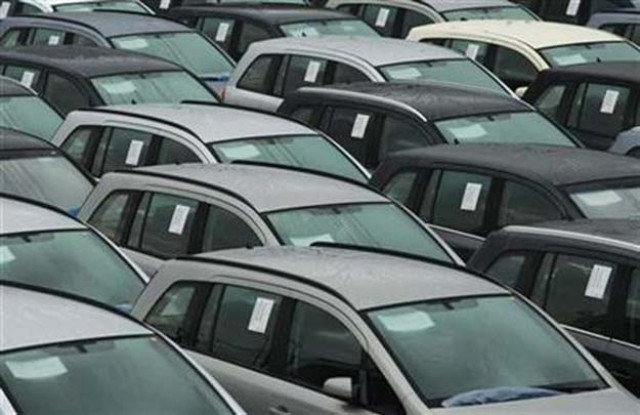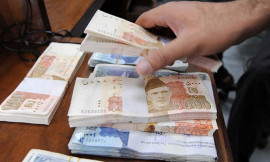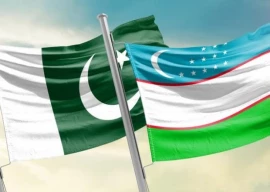
Extending some benefit of the doubt to the person in question, and some rationality to all, there is a reason why consumers – who can afford and willing to spend – prefer imported vehicles.
In its seventh decade, Pakistan still cannot boast of a single, fully-manufactured car that managed to sustain in the market. The local industry is, in essence, equipment manufacturers and part suppliers. The auto policy that is meant to promote localisation – which means the extent to which a unit is built by parts made in Pakistan – has only achieved its purpose in leaps and bounds. According to industry experts, Pak Suzuki’s Mehran is the front-runner in terms of achieving localisation – maybe that is why it has hardly undergone a makeover in over two decades. Overall, the localisation level for passenger cars remains between 55-70%. The number shoots up to 90% in case of motorcycles. Local players insist they have invested heavily in localisation in the past few years.
But, the purpose of the auto policy, which was last announced in 2008, has not been realised. The industry attributes this to interim policy changes of the government and its habit of backtracking on promises. A closer look reveals how many players tried making an entry only to be subsequently forced out. From Adam, Dewan and Ghandara to Raja Auto Car and Nexus Auto, players have tried introducing models only to be shunned out by the market. Their failure would be due to a variety of reasons – from design, expense, availability of spare parts to plain misfortune – but the one common phenomena is that all players introduced models because there is a market in Pakistan.
With the public transport structure in major cities leaving much to be desired, and motorcycles only able to carry a limited amount of persons and children, there is a clear gap between demand and supply. Pak Suzuki isn’t even operating at full capacity and it still tops the volumes chart.

Clearly, the need is being fulfilled by imports and the industry wants a curb on it. Consumers argue that they don’t get ‘value for money’ if they opt for local products. They have a point.
In terms of variety and choice, there are just three players, who among them sell over 25 products, but most fail to meet the value-for-money condition. Pak Suzuki recently introduced Kizashi, priced at Rs5 million, for a market that clearly needs smaller cars. The gap was created after several smaller car choices were discontinued or players exited.
Figures would indicate a dire need for small cars. But, the local industry has failed to cater to that sizeable market for several reasons – technological constraints, profit margins. Or maybe, they feel they will sell units regardless since there isn’t a lot of choice anyway. The market is neatly divided among the players. A consumer has a specific player for affordability, another for durability and another for whatever’s left over – design, the need to be ‘different’ than the market etc.
Since space is a constraint here, and there is still a lot to complain about, one can just hope that the new auto policy – already pending for some time now – will attract new players. There is great demand and, to an extent, great buying power for cars in Pakistan as well as long as one sees value for money. Why do financially sound players prefer other regional countries for investment is anybody’s guess.
Overall, Pakistan remains an ideal destination if one wants to encourage new players. The ‘monopolistic’ nature of the local auto industry, already stated by the SBP and CCP, may well be true. All the government needs to do is formulate a policy stakeholders are consulted over and then adhere to, in the true sense, that encourages entrants, breaks any monopoly the market may have, offers choice and agrees with the overall well-being of the country.
Published in The Express Tribune, March 23rd, 2015.
Like Business on Facebook, follow @TribuneBiz on Twitter to stay informed and join in the conversation.

















COMMENTS
Comments are moderated and generally will be posted if they are on-topic and not abusive.
For more information, please see our Comments FAQ